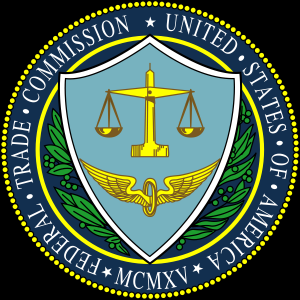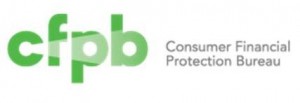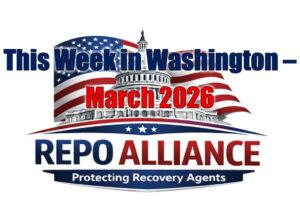Washington DC – August 20, 2012 – In a showing of support to borrowers and attorneys who would wish to file lawsuits against creditors or collectors without having to bear the cost of defenses in the event of their cases being dismissed, the Federal Trade Commission, the Department of Justice (DOJ) and the Consumer Financial Protection Bureau (CFPB) have filed an amicus brief (friend of the court) in an attempt to overturn a 10th Circuit Supreme Court Decision.












More Stories
Tragedy Strikes Benchmark Recovery Family – Help Needed!
Gun to the Head: Conviction in the Slidell Repossession Nightmare
Undercover ATF Pose as Repo Men to Take Down Illegal Gun Dealers
Gun Drawn on Friday the 13th Repo
National Dealer Association Responds to Senate Repossession Probe
AFSA – Setting the Repossession Records Straight